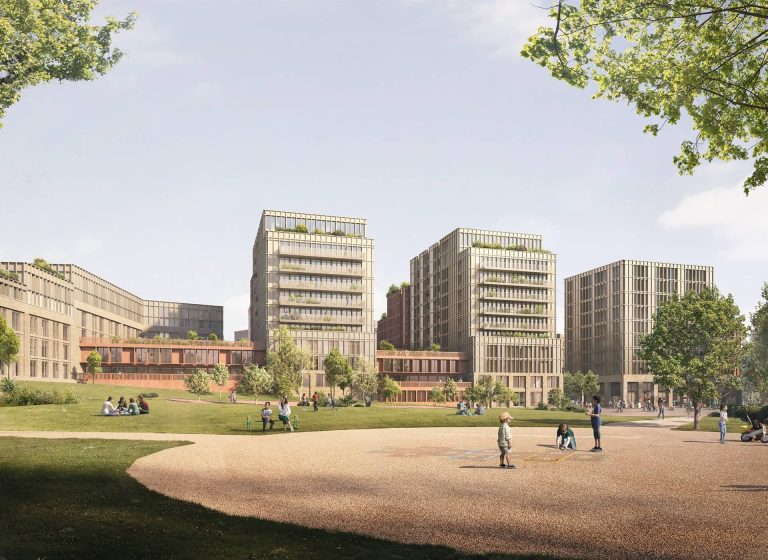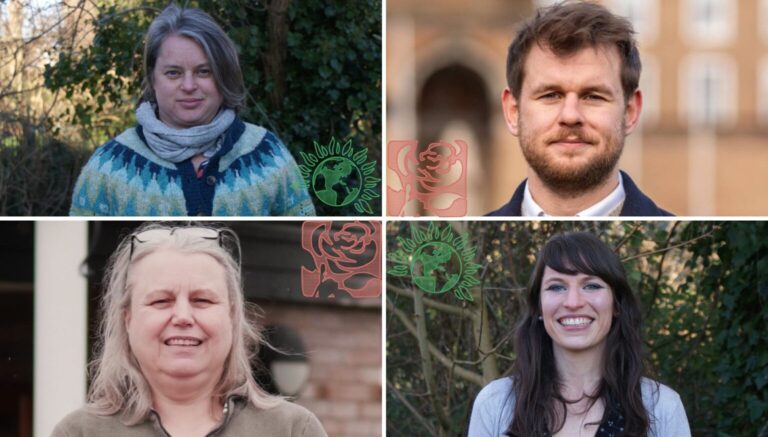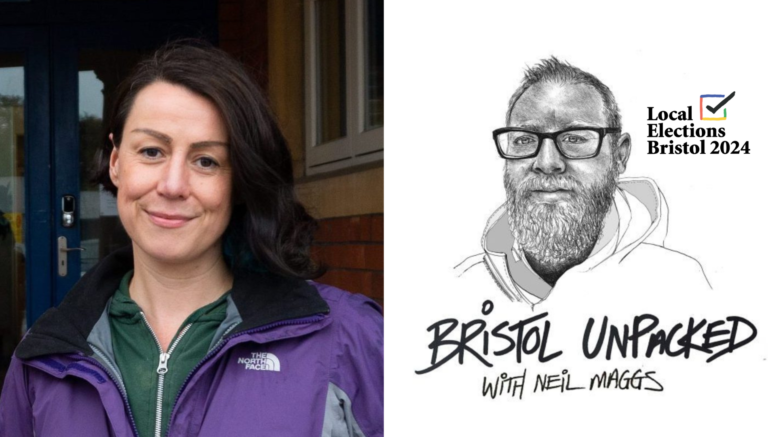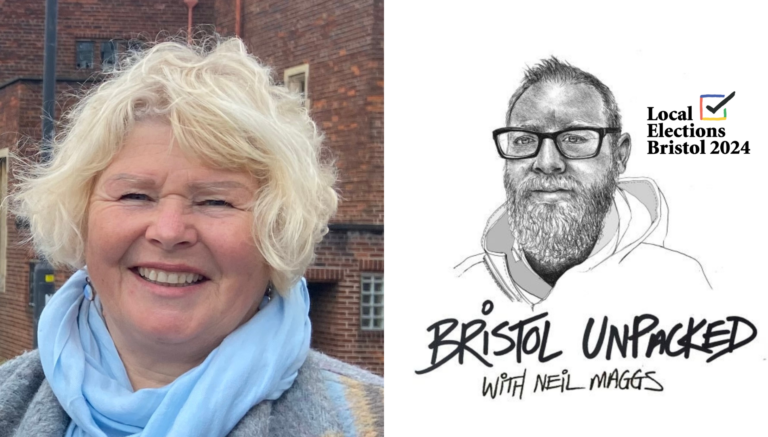Row over shopping centre demolition decision grinds on after government walks away from intervening

A Bristol planning committee has agreed to change the minutes of a meeting at which a controversial housing development in south Bristol was refused, days after the government walked away from a request to review a subsequent U-turn by councillors.
Campaigners said there were errors in how the initial decision on plans to demolish Broadwalk Shopping Centre in Knowle to make way for 850 new homes was recorded.
The fate of the centre was confirmed at a meeting in July, when development control A committee members caused outrage by reversing course after voting at the end of May to refuse the development. This original refusal was based on concerns about the lack of affordable housing and the number of new homes crammed onto the site.
The abrupt U-turn triggered calls for committee chair Richard Eddy, Conservative councillor for Bishopsworth, to resign, with Green elected members writing to housing secretary Michael Gove calling for his department to intervene.
This week, the government decided not to call in the decision after assessing the scheme’s compliance with policies. Eddy said he was “delighted” with what he described as an endorsement of how events had played out.
On Wednesday (20 September), councillors on the development control A committee spent an hour arguing about approval of the minutes of the 31 May meeting at which the initial decision was made on pulling down the shopping centre in Knowle.
Critics of the development urged the committee to clearly show that the plans were refused. However, Bristol City Council staff initially wrote in the draft minutes that the decision on the controversial plans would be deferred to a later meeting — which proved very contentious.
Cooling-off period
Speaking to the committee, Helen Evans-Morris, from the Broadwalk Redevelopment Community Group, said: “I really don’t want to be here again. Yet here I am participating in local democracy in the hope that it will actually make a difference this time. Despite not wanting to come today, I felt compelled to.
“On May 31 this committee unanimously voted to reject the Broadwalk development in its current state,” she added. “I was there, you were there, the video evidence backs up that this was the case. At no point was it ever stated that you were voting to defer the decision.”
But according to Roy Pinney, a council planning lawyer, it had been made clear in the May meeting that a usual ‘cooling-off’ period would apply. For the past few years, both Bristol planning committees have followed a procedure where if councillors refuse permission for a development, when an officer is recommending approval, then the application comes back to the committee a second time once a planning officer has drafted legally sound reasons for refusal.
This cooling-off period was introduced after concerns that the council was losing lots of money in planning appeals. If a developer’s application is refused, they can appeal to a government inspector — and if the inspector finds the refusal reasons were not legally sound, and sides with the developer, then the council is forced to pay out expensive costs.
“There is a clear decision-making process which is directly referred to by the chair of the committee,” Pinney said. “But even if that’s disregarded, even if those words hadn’t been said, even if the council didn’t have a cooling-off period, the legal position of the council is clear.
“Even if there was a formal decision to refuse on May 31, backed up by detailed reasons for refusal, that would not prevent the council from subsequently reaching a different decision,” he said.
Decision and minutes ‘two different things’
Planning permission is not technically granted immediately after a committee votes to approve a development, but only after planning officers issue a formal decision notice — which still hasn’t happened for the Broadwalk development due to ongoing negotiations over a Section 106 agreement. Until that notice is issued, then legally the council can change its mind about approving or refusing any planning application, according to Mr Pinney.
He added: “The decision taken and the minutes, while linked, are essentially two different things. A decision was taken on 31 May, a different decision was taken on 5 July, and for both of those meetings, the minutes still remain not agreed by this committee. But even in the absence of agreed minutes, those decisions still have legal effect. The decision to grant planning permission on 5 July remains a decision to grant.”
The committee voted to make it clear in the minutes that the decision taken on 31 May was to refuse permission and planning officers were going to come back to a later meeting with specific refusal reasons. But concerns remain about the 5 July meeting, when councillors made their shock U-turn and approved planning permission.
‘It’s quite clear the decision was to refuse’
Paula O’Rourke, Green councillor for Clifton, said: “When you watch both of the meetings it’s quite clear that in the first one the decision was to refuse and that the officers were going to come back with reasons. And then you watch the second meeting in July, the public understood that this was just about the reasons for refusal.
“I was a bit flummoxed to see what I was watching,” O’Rourke added. “I don’t think the procedures were transparent enough. It’s not the meeting we should have been having and the public expected. The public weren’t here. I do think there’s a legal blowback on us for not having a meeting that people expected and didn’t turn up for when we were making decisions. I don’t feel that what happened that day was true and right.”
With the government deciding not to call in the application for further scrutiny, Broadwalk Redevelopment Community Group campaigners’ plans to mount a legal challenge are the last apparent obstacle to the scheme going ahead. But the timeline is uncertain, since an application for a judicial review can only happen once a formal decision notice is issued.












